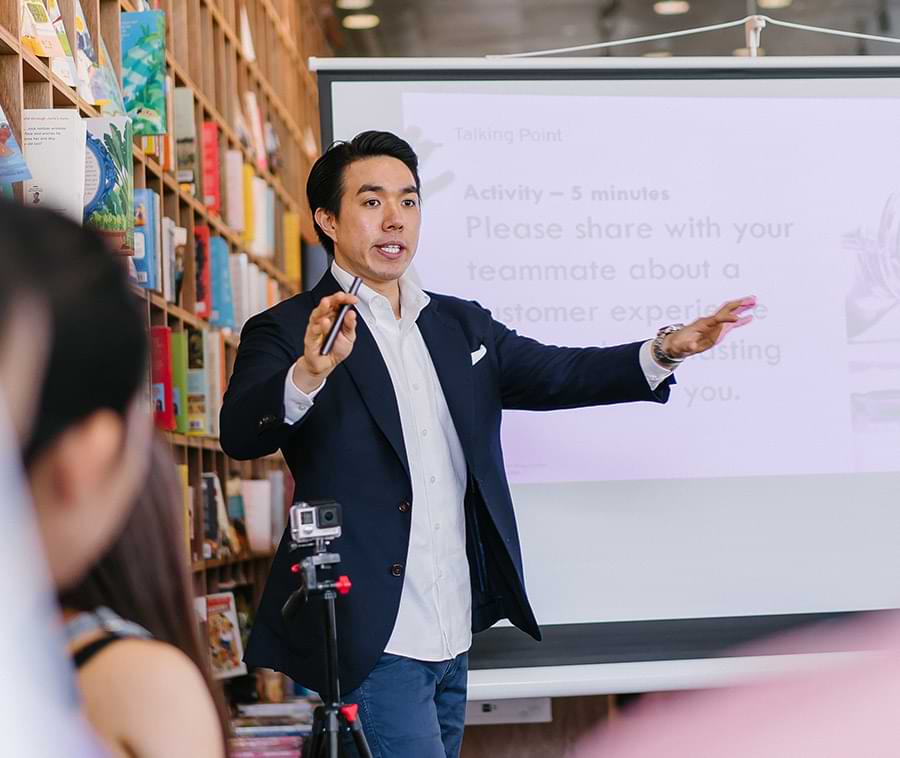Table of Contents
In recent years, the advent of artificial intelligence (AI) has sparked both excitement and apprehension in equal measure. While AI has undeniably transformed numerous industries and enhanced our lives in various ways, there are lingering fears that it may eventually replace human beings altogether. However, upon closer examination, it becomes apparent that these concerns are largely unfounded. In this blog post, we will delve into why AI will not replace humans, debunking the fears and highlighting the unique value that humans bring to the table.
Debunking the Fears:
-
Complex Human Creativity:
One of the main reasons why AI will not replace humans is the sheer complexity and depth of human creativity. While AI systems excel at data analysis and pattern recognition, they lack the innate ability to think critically, generate novel ideas, and apply emotional intelligence to problem-solving. Whether it’s inventing new technologies, composing a symphony, or writing a compelling novel, human creativity remains unparalleled.
-
Emotional Intelligence and Empathy:
AI, as advanced as it may become, will always lack the capability to genuinely understand and empathize with human emotions. Human beings possess a profound ability to connect on an emotional level, demonstrating compassion, empathy, and understanding. These qualities are essential in numerous fields such as healthcare, counseling, and customer service, where the human touch is irreplaceable.
-
Adaptability and Learning:
While AI excels at specialized tasks, it often struggles with adaptability and learning beyond its programmed scope. Humans, on the other hand, possess an extraordinary capacity for adaptation, learning from experience, and acquiring new skills. This versatility enables humans to navigate complex and dynamic situations effectively, making them indispensable in professions that require adaptability, such as leadership, entrepreneurship, and research.
-
Value Creation and Human Perception:
One of the fundamental drivers of human existence is the pursuit of value and meaning. As technology evolves, humans continue to find new areas of interest and avenues for value creation. For instance, the rise of non-fungible tokens (NFTs) has shown that humans can find value in digital art and other intangible assets. This ability to assign value and seek new opportunities ensures that humans will always find something else valuable to invest their time and energy in.
Instead of replacing humans, AI serves as an empowering tool that amplifies human capabilities and augments various professions. For example, AI can assist software developers in automating repetitive tasks, allowing them to focus on higher-level problem-solving and innovation. This not only increases productivity but also makes software development more accessible to non-technical users, enabling a broader participation in the field.
Moreover, AI can be utilized to enhance decision-making processes by providing data-driven insights, helping humans make more informed choices. In healthcare, AI can aid in disease diagnosis, leading to more accurate and timely treatments. However, the ultimate responsibility of making decisions and providing compassionate care still rests with human healthcare professionals.
The fear that AI will replace humans is largely rooted in an underestimation of the unique qualities and abilities that make us human. Our creativity, emotional intelligence, adaptability, and capacity to create and perceive value ensure that there will always be roles and endeavors where humans excel. As AI continues to evolve, it will serve as a powerful tool to amplify our potential and enhance our lives, but it will never replace the essence of what it means to be human. Embracing AI as a complement to human capabilities will lead to a future where humans and AI collaborate harmoniously, unleashing new possibilities for progress and innovation.



